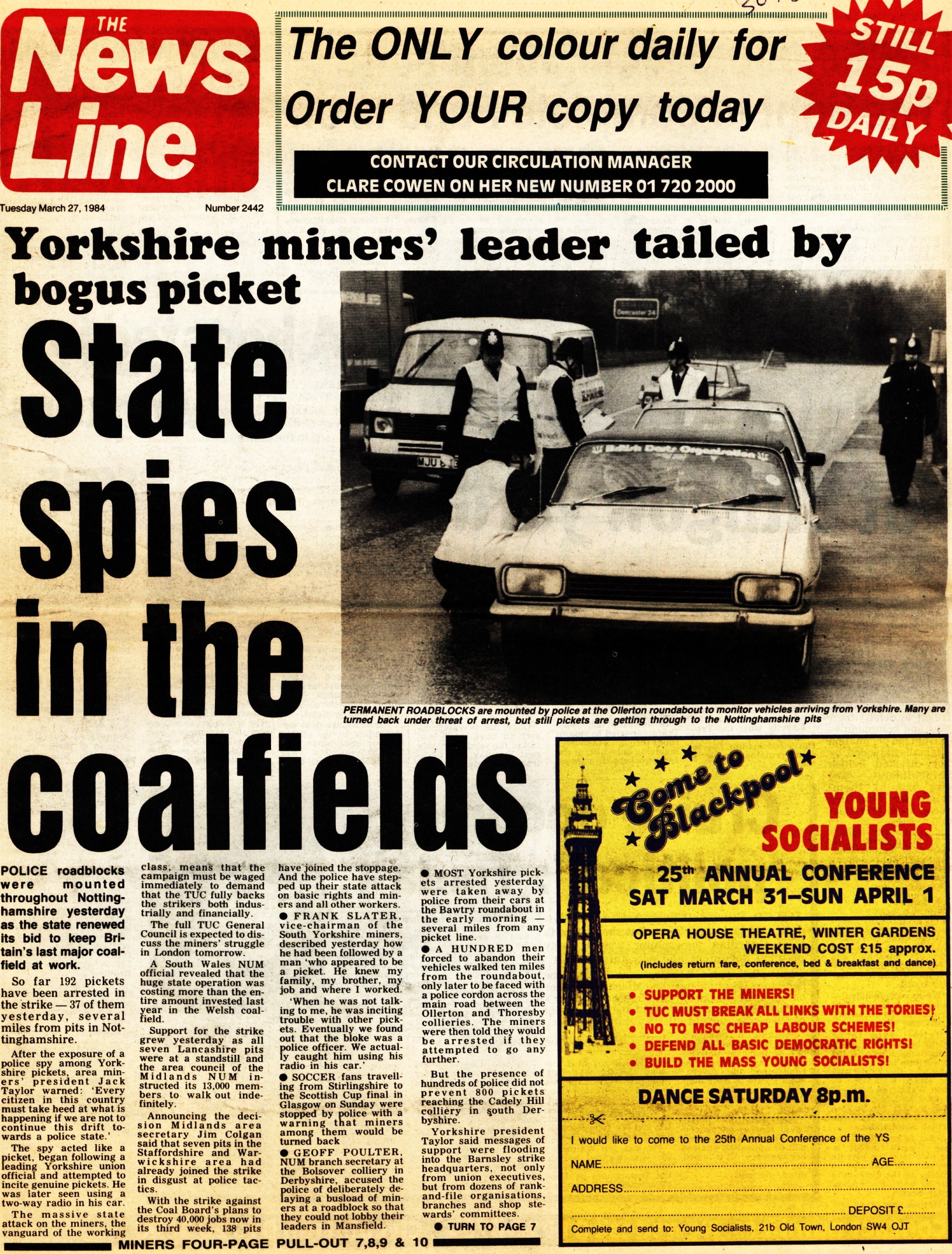for diverse, democratic and accountable media
Becoming slaves to social media
blog posts
While the ability of pro-Conservative newspapers to manipulate and often dictate the news agenda far outweighed the political impact of a burgeoning online discourse during the 2015 general election, there was no doubt that the power and reach of social media did have a profound effect on the conduct of the campaign. Twitter, Facebook, YouTube and host of other inter-active services became the top destination for instant news and comment.
Jeremy Corbyn: stamina to withstand media attacks
blog posts
Coming to terms with the trials and tribulations of leading the Labour Party is proving a steep learning curve for Jeremy Corbyn, but he has had plenty of training for the media onslaught that he is having to endure. I know from personal experience as a former BBC political correspondent that Corbyn’s durability under fire should not be underestimated.
Selfies and kitchen photo-ops star in 2015 general election
blog posts
Selfies with the party leaders were the breakout craze of the 2015 general election – and the must-see location was definitely the kitchen! A post-election thesis might well seek to establish what proportion of the thousands of people who took selfies actually voted for the political party of the candidate with whom they had chosen to photograph themselves. Judging by the way the leading contenders were photobombed by a sea of mobile phones and tablets, onlookers obviously had an overwhelming desire to capture their moment with a celebrity politician.
Miners' Strike - Cabinet papers expose cover-up of massive MI5 operation
blog posts
 During the 1984-5 miners’ strike so much phone-tapping was going on that the Cabinet Secretary, Sir Robert Armstrong, took immediate steps to ensure that no mention was ever made of its extent.
During the 1984-5 miners’ strike so much phone-tapping was going on that the Cabinet Secretary, Sir Robert Armstrong, took immediate steps to ensure that no mention was ever made of its extent.
Margaret Thatcher’s success in hushing up the bugging of phones by the Security Service MI5 is finally revealed in her 1985 cabinet papers released by the National Archives.
Action to prevent public disclosure of the role of intelligence officers was personally approved by the Prime Minister.
Government-appointed lawyers were even on the point of being advised to prepare to withdraw legal action over the hunt for NUM funds for fear of awkward questions being asked in court.
Armstrong’s intervention to ensure a cover-up over the role of the Security Service in the pit dispute was highly significant given the events that were about to unfold....
